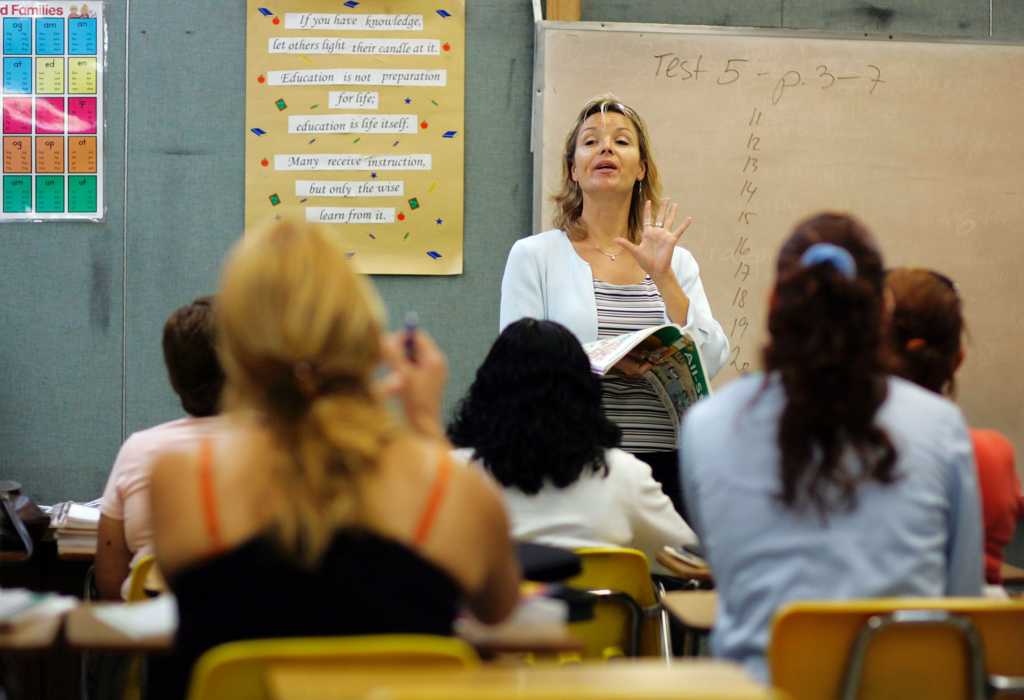The Ohio state House of Representatives this week approved legislation that, if passed by the state Senate and signed into law by the Republican governor, would give students legal cover to dissent from teachings on evolution in the classroom.
In the bill, “Student Religious Liberties Act,” it states:
No school district board of education […] shall prohibit a student from engaging in religious expression in the completion of homework, artwork, or other written or oral assignments. Assignment grades and scores shall be calculated using ordinary academic standards of substance and relevance, including any legitimate pedagogical concerns, and shall not penalize or reward a student based on the religious content of a student’s work.
The legislation will now move to the Republican-controlled Senate.
Rep. Timothy Ginter (R), an ordained minister, sponsored the bill, which he told The Columbus Dispatch “is not an expansion but a clarification [of] what students can and cannot do in religious expression.”
He went on to describe the pro-religious freedom proposal as “inclusive legislation that will positively enhance liberties.”
Aaron Baer, president of Citizens for Community Value, said the legislation “comes at a critical time in the culture and protects the right of Christian and non-Christian students alike to freely exercise their faith.”
Some Democratic lawmakers, though, argued the bill is redundant. Rep. Phillip Robinson (D) said that, while he “appreciate[s] the sentiment” of the proposal, it’s unnecessary because the state “already protect[s] religious expression.”
What would the bill do?
If approved, the law would grant student-led religious groups the same level of school facility access already given to secular groups. It would also lift a ban on students’ religious expression during their lunch hours and other non-instructional sessions.
The crux of the bill, though, is the abolition of restrictions on students expressing their religious beliefs — such as their embrace of creationism — in homework and other classroom assignments.
While educators are already prohibited from restricting the religious expression of any student, Ginter’s bill would ensure that liberty is extended to both instructional and non-instructional periods.



